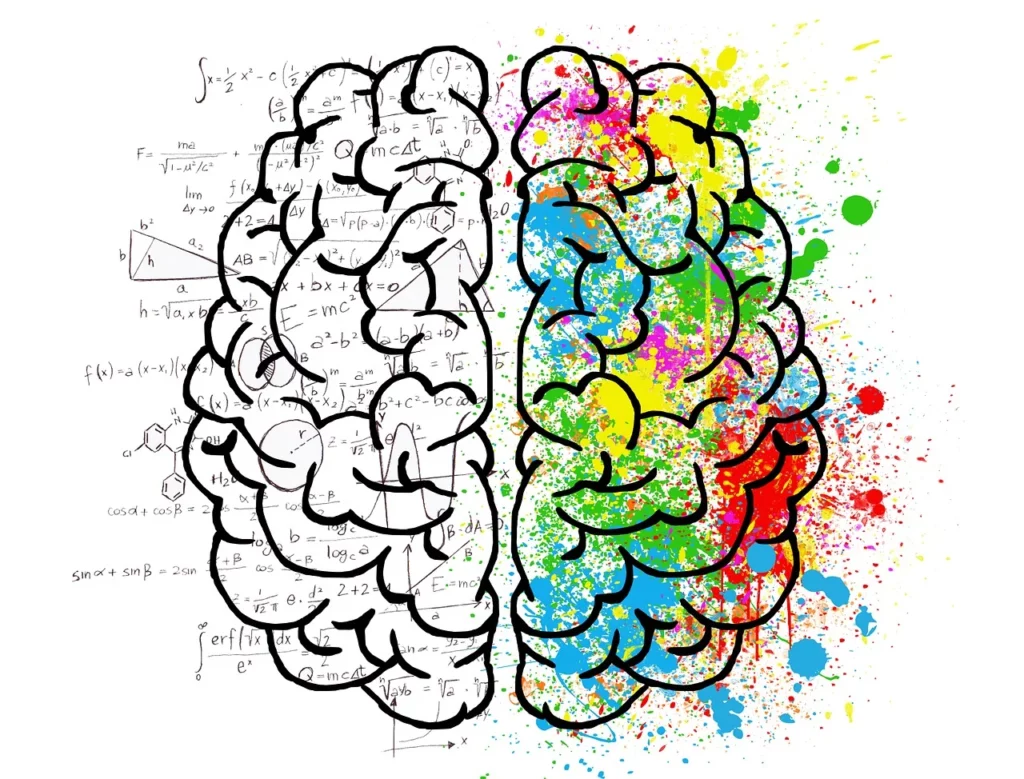Introduction:
The journey to conception is not only a physical process but also a profoundly psychological one. For women, the interplay between mental health and fertility is a complex domain, often overlooked in traditional fertility discussions. This article aims to shed light on the psychological factors that can influence female fertility, delving into the latest research and offering practical insights. By understanding these factors, women can empower themselves with knowledge and strategies to enhance their fertility journey.
Stress and Its Impact on Fertility
Stress, whether acute or chronic, has a significant impact on fertility. It can disrupt hormonal balance, leading to irregular menstrual cycles and ovulation issues. Stress hormones like cortisol can interfere with the body’s reproductive system. Psychological stress can stem from various sources, including personal life, work, and the very experience of trying to conceive. Understanding and managing stress is a crucial step in fostering a conducive environment for conception.
The Role of Emotional Health and Mood Disorders
Emotional health and mood disorders such as depression and anxiety can also influence fertility. These conditions can affect hormonal regulation, menstrual cycles, and overall health. Women experiencing these challenges may find it harder to maintain the lifestyle and habits conducive to fertility. Addressing these emotional health concerns through therapy, medication, or lifestyle changes is essential for improving fertility outcomes.
Body Image, Eating Disorders, and Fertility
Body image perceptions and eating disorders like anorexia and bulimia can severely impact reproductive health. These conditions can lead to weight extremes, either too high or too low, which can disrupt ovulation and menstrual cycles. Nutrition plays a vital role in fertility, and addressing any eating disorders is a critical component of improving reproductive health.
Coping Strategies and Support Systems
Developing effective coping strategies and having a strong support system are vital for managing the psychological aspects of fertility. Mindfulness, yoga, and counseling can be beneficial in managing stress and emotional challenges. Building a support network, including friends, family, and fertility support groups, can provide emotional comfort and practical advice.
Conclusion:
The psychological journey of fertility is as important as the physical one. Acknowledging and addressing the psychological factors influencing fertility can make a significant difference in a woman’s path to parenthood. If you are experiencing these challenges, remember, that you are not alone. Eileen, a fertility coach and yoga teacher, is here to support you with personalized guidance, helping you navigate both the psychological and physical aspects of your fertility journey.






